Just In
- 28 min ago

- 9 hrs ago

- 9 hrs ago

- 10 hrs ago

Don't Miss
- Sports
 KKR vs RR, IPL 2024: Sunil Narine Century In Numbers As The Southpaw Hits Maiden Ton
KKR vs RR, IPL 2024: Sunil Narine Century In Numbers As The Southpaw Hits Maiden Ton - Finance
 SBI, BoB, Canara: 5 PSU Bank Stocks To Buy, Motilal Top Picks; 1 To Split In 5 Shares For First Time Soon
SBI, BoB, Canara: 5 PSU Bank Stocks To Buy, Motilal Top Picks; 1 To Split In 5 Shares For First Time Soon - News
 Where Is Nitish Kumar? Why Is BJP Not Inviting Him To Lok Sabha Election Rallies: Tejashwi Yadav
Where Is Nitish Kumar? Why Is BJP Not Inviting Him To Lok Sabha Election Rallies: Tejashwi Yadav - Movies
 EXCLUSIVE Interview! Alankrita Sahai On Journey From Beauty Pageant Winner To Films, Nepotism In Bollywood
EXCLUSIVE Interview! Alankrita Sahai On Journey From Beauty Pageant Winner To Films, Nepotism In Bollywood - Education
 UPSC CDS 1 Exam on 21 April 2024
UPSC CDS 1 Exam on 21 April 2024 - Automobiles
 Jeep Compass Gets More Powerful 268.3bhp Turbo Petrol Engine – Check Out All The Details Here
Jeep Compass Gets More Powerful 268.3bhp Turbo Petrol Engine – Check Out All The Details Here - Technology
 Redmi Pad SE With 90Hz Display Launching on April 23 in India; Could Be Priced for Less Than Rs 20,000
Redmi Pad SE With 90Hz Display Launching on April 23 in India; Could Be Priced for Less Than Rs 20,000 - Travel
 From Coconut Breaking on Head to Men Dressing as Women: 12 Unique Indian Rituals Explored
From Coconut Breaking on Head to Men Dressing as Women: 12 Unique Indian Rituals Explored
Rose Day (Welfare of Cancer patients): What Should You Not Eat When You Have Cancer?
Every year on 22 September, World Rose Day (Welfare of Cancer Patients) is observed. The day is dedicated to people around the world who are fighting their against cancer. The day is named so in the memory of a 12-year-old girl from Canada named Melinda Rose, who battled cancer bravely and didn't give hope even during her last days. On this occasion, we will discuss the importance of diet in the life of a cancer patient.
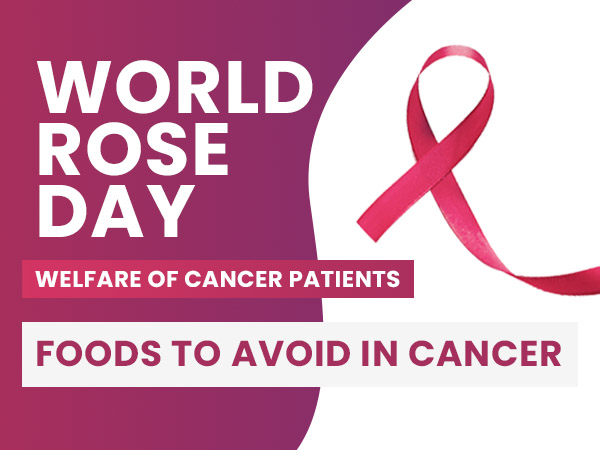
Diet plays a major role in preventing the risk of diseases as well as triggering them. Cancer is a chronic disease and the second leading cause of death worldwide. It is characterised by the abnormal and uncontrollable growth of cells that crowd out normal cells. There are many types of cancer depending on the place of origin, nature and aggressiveness.
Cancer can be triggered due to many factors like unhealthy lifestyle, bad habits, lack of physical workouts, tobacco, genes, infections and environmental exposure to chemicals and pollutants. However, experts suggest that around 70 per cent of cancer risk can be prevented if we make a few lifestyle changes, along with changes in dietary habits.
There are certain foods which are carcinogenic and may increase the risk of cancer. Take a look at these foods and try to avoid exclude them from your diet.


1. Canned foods
Canned foods such as canned salmon or canned beans can be the most carcinogenic of all foods. This is because of a chemical named bisphenol-A or BPA used in the manufacturing of these cans. BPA can alter the gene structure and cause hormone-related cancer such as ovarian, breast and prostate. [1]
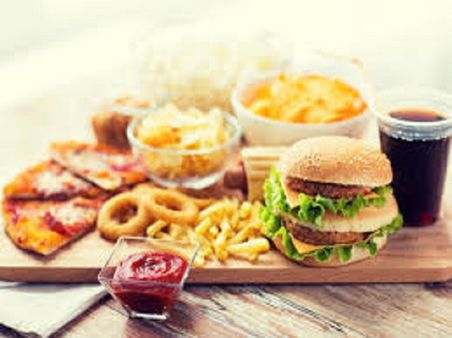
2. Junk foods
Junk foods like fast pizza, noodles or burgers contribute to diabetes, obesity and strokes, which in turn, may lead to the risk of cancer. Also, these foods contain many additives, flavours and preservatives that can act as potent carcinogens. [2]

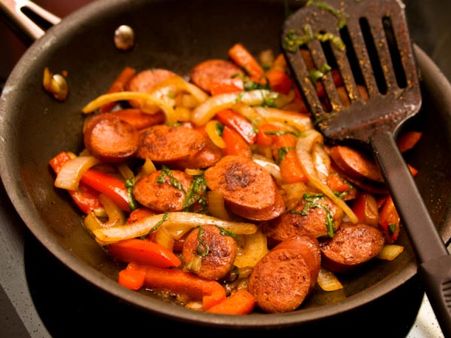
3. Processed meats
A study shows that consumption of processed meats such as bacon, sausages and hot dogs are linked to 20 per cent increase in the risk of lung, pancreatic and colorectal cancer. [3]
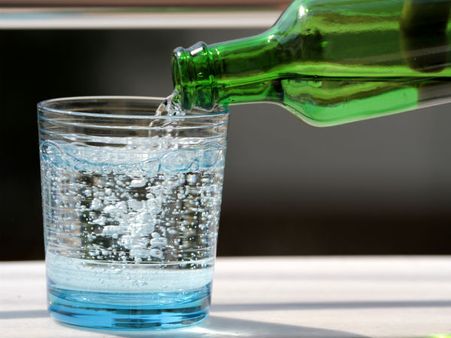
4. Carbonated beverages
Carbonated beverages are linked to upper gastrointestinal tract cancer risk. They tend to increase the gastric reflux in the body which may lead to this cancer type. Also, the acidic effect of soda may dissolve the inner lining of the stomach and the intestines, causing ulcers that can later turn into cancer. [4]
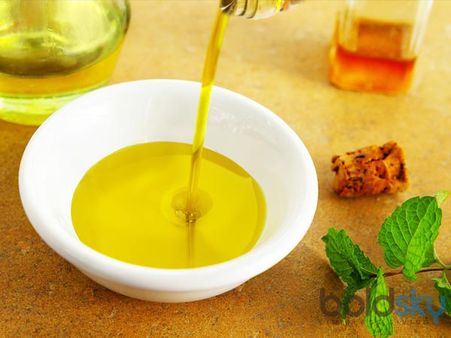
5. Hydrogenated vegetable oils
They are edible oils which are first extracted from plants such as sunflower or olive but are later hydrogenated to improve their shelf-life, spreadability and solidity. Hydrogenated vegetable oils can damage the cells and increase the risk of skin cancer, colorectal cancer, breast and prostate cancer. [5]
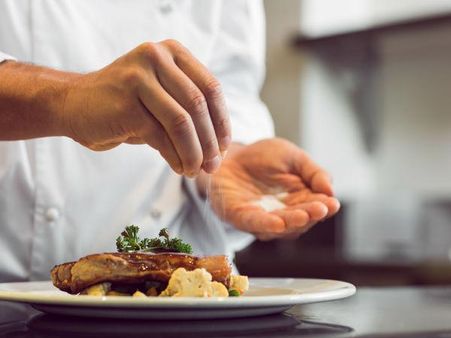
6. High salted foods
High salty foods tend to corrode or inflame the inner lining of the stomach, damage gastric mucus, increase gastric acid secretion and increase proliferation risk. These factors increase the risk of stomach cancer. [6]
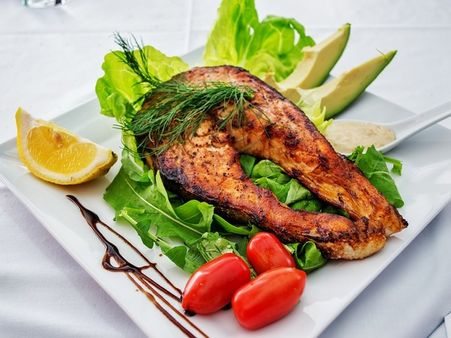
7. Smoked foods
Frequent intake of smoked foods is associated with increased risk of intestinal tract cancer. When meat or fish is smoked, carcinogenic polycyclic aromatic hydrocarbons are produced which are carcinogenic when swallowed, inhaled or consumed. [7]

8. Artificial sweeteners
Artificial sweeteners are highly refined in nature and around 600 times sweet than regular sugar. A few artificial sweeteners which are in most common use are saccharine, aspartame, cyclamate, etc. While saccharine can cause bladder cancer, aspartame may be the cause of brain tumours. [8]


9. Trans fats
Trans fatty acids lower good cholesterol levels while increased bad cholesterol levels. They are mainly found in a frozen pizza, coffee creamer, baked goods and microwave popcorn. A study has shown that trans fats can increase the risk of colon and rectum cancer. [9]

10. White flour
White flour or maida is a highly refined form of wheat. It is processed by chlorine gas which is responsible for its white colour. When processed, the glycemic index of the food increases, which in turn, increases the glucose levels in the body. This can lead to the risk of colon and kidney cancer. [10]

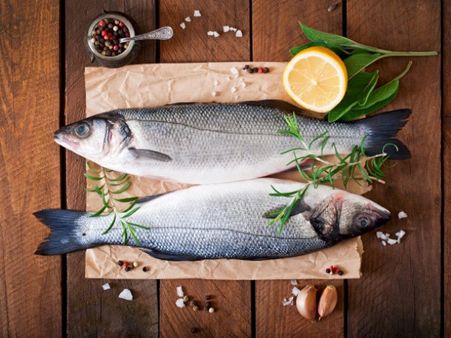
11. Fish rich in mercury
High exposure to mercury can be carcinogenic. Fishes such as marlin, shark, swordfish, bigeye tuna have high mercury levels which can increase tumour risk when consumed in high amount.
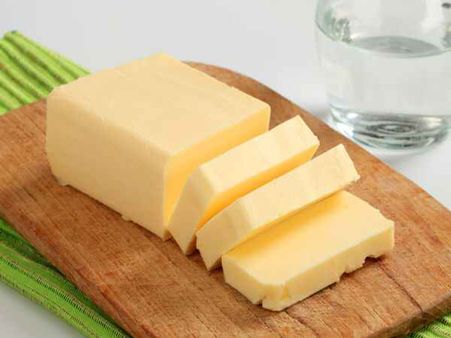
12. Unpasteurised dairy
Dairy products comprise milk (whole or skim), cheese (fresh, cottage and hard cheese) and yoghurt. They can have positive and negative effects on carcinogenesis at the same time. High consumption of dairy products can modulate inflammatory processes increase cancer risk. A study says that adequate amount of cheese is beneficial for health but its high consumption can increase the risk of prostate cancer. [11] .

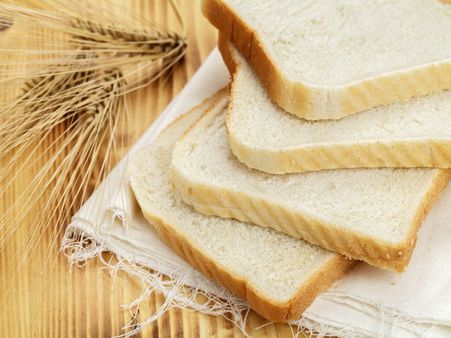
13. Bread
The use of acrylamide (a water-soluble white crystalline solid) is common in bakery industries. This compound was listed as an industrial chemical with potential carcinogenic properties. Bread, baked goods and starchy supermarket products have been laced with potassium bromate which is a potent carcinogen. [12]
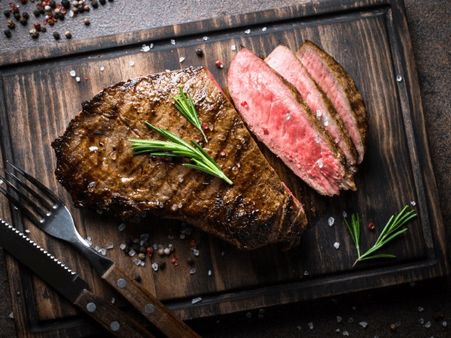
14. Grilled red meat
When meat or fish products are subjected to a high temperature, heterocyclic amines (HCAs) and polycyclic aromatic hydrocarbons (PAHs) are produced which are carcinogenic. They are known to increase the risk of prostate cancer and colorectal cancer. [13]

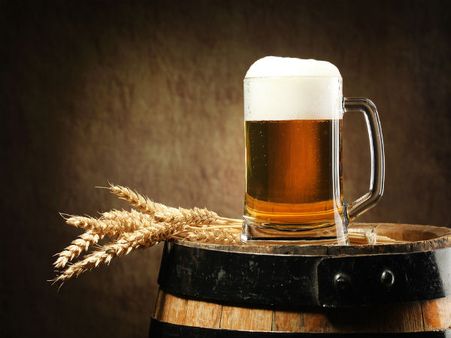
15. Alcohol
Studies show that a high intake of alcohol is linked to the development of various types of cancer. Excess alcohol consumption may lead to mouth cancer, liver cancer, breast cancer, bowel cancer and throat cancer. The ideal recommendation on the intake of alcohol by the Cancer Research UK and the American Cancer Society is not more than one drink for women and two drinks for men. [14]
-
 healthExclusive: Cervical Cancer In India, Doctor Shares Preacautions And Treatments That One Needs To Be Aware Of
healthExclusive: Cervical Cancer In India, Doctor Shares Preacautions And Treatments That One Needs To Be Aware Of -
 healthTV Actor Dolly Sohi Passes Away Due To Cervical Cancer, Know The Early Signs That Are Beyond Early Detection
healthTV Actor Dolly Sohi Passes Away Due To Cervical Cancer, Know The Early Signs That Are Beyond Early Detection -
 healthGhazal Maestro Pankaj Udhas Passes Away Due To Pancreatic Cancer, Know Risk Factors, Prevention, Treatments
healthGhazal Maestro Pankaj Udhas Passes Away Due To Pancreatic Cancer, Know Risk Factors, Prevention, Treatments -
 healthNew Study Finds Links Infertility In Men With Increased Risk Of Cancer For Them And Their Relatives
healthNew Study Finds Links Infertility In Men With Increased Risk Of Cancer For Them And Their Relatives -
 healthIs Pancreatic Cancer Curable? Know The Causes, Warning Signs, And Treatment Of This Uncommon Silent Killer
healthIs Pancreatic Cancer Curable? Know The Causes, Warning Signs, And Treatment Of This Uncommon Silent Killer -
 insyncBaba Vanga's Prophecy For 2024 May Come True With New Vaccine In Russia For Cancer
insyncBaba Vanga's Prophecy For 2024 May Come True With New Vaccine In Russia For Cancer -
 healthDetecting Bowel Cancer: 10 Signs Of This Silent Killer To Watch Out For And Seek Medical Attention
healthDetecting Bowel Cancer: 10 Signs Of This Silent Killer To Watch Out For And Seek Medical Attention -
 health10 Cancer Fighting Foods That Help That Play Significant Role In Supporting Body's Natural Defences
health10 Cancer Fighting Foods That Help That Play Significant Role In Supporting Body's Natural Defences -
 healthWorld Cancer Day 2024: 5 Simple Daily Habits To Reduce The Risk Of Developing Cancer
healthWorld Cancer Day 2024: 5 Simple Daily Habits To Reduce The Risk Of Developing Cancer -
 healthWorld Cancer Day 2024: Messages, Greetings, Wishes, Texts, Images, FB And WhatsApp Status
healthWorld Cancer Day 2024: Messages, Greetings, Wishes, Texts, Images, FB And WhatsApp Status -
 healthExclusive: Poonam Pandey Didn't Die Of Cancer, However, It Does Spark Urgency For Cervical Cancer Awareness
healthExclusive: Poonam Pandey Didn't Die Of Cancer, However, It Does Spark Urgency For Cervical Cancer Awareness -
 healthErotica Star Poonam Pandey 'Dead From Cervical Cancer' Stunt: Causes, Symptoms, Treatment Of Cervical Cancer
healthErotica Star Poonam Pandey 'Dead From Cervical Cancer' Stunt: Causes, Symptoms, Treatment Of Cervical Cancer


 Click it and Unblock the Notifications
Click it and Unblock the Notifications





